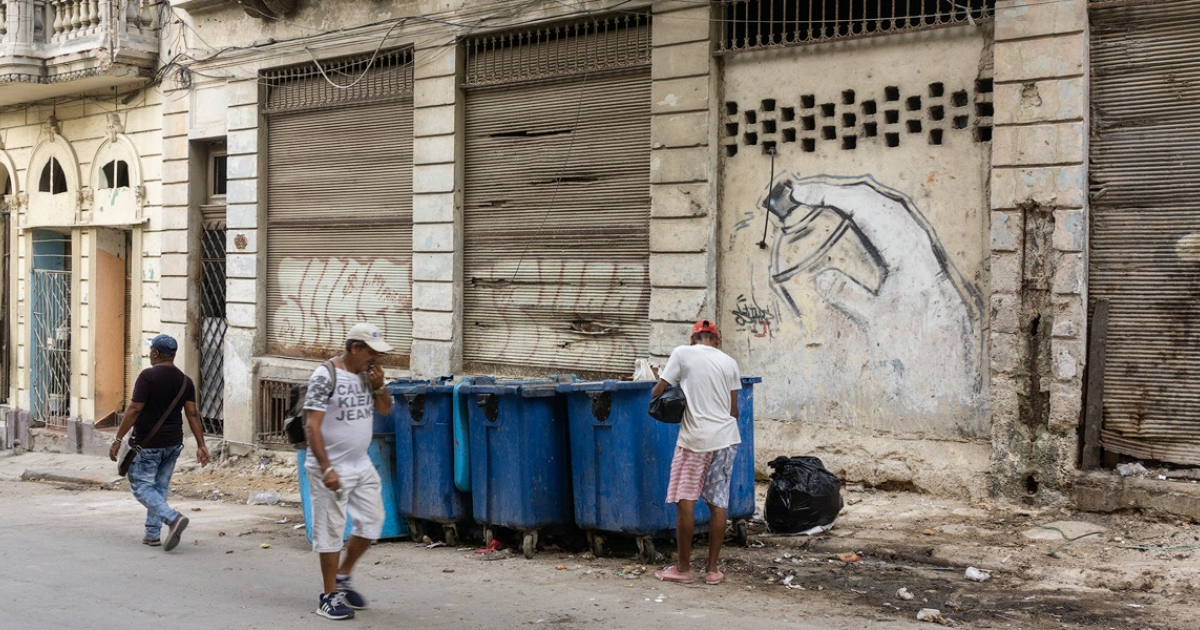
Related videos:
The Cuban Observatory of Human Rights (OCDH) presented the VII Report on the State of Social Rights in Cuba 2024 this Tuesday, revealing striking insights into the Cuban reality.
The non-governmental organization highlighted in the document that "89% of Cuban families are suffering from extreme poverty," which is one percentage point higher than last year and 13% more than in 2022.
One of the most significant pieces of information highlights that "7 out of 10 Cubans have stopped having breakfast, lunch, or dinner due to a lack of money or food shortages."
According to the OCDH, “the most affected by this food scarcity are individuals over 70 years old,” with 79% of those surveyed.
They add that “only 15% of Cubans have been able to have three uninterrupted meals,” a tangible reality amid the severe inflation crisis affecting the island.
The aforementioned organization points out that the issue is not limited to food; Cubans also experience a compromise to their daily lives due to "the shortage of medicines and unemployment," which impact millions of Cubans who see their lives passing by amidst outdated calls for resistance and do not anticipate any alternatives beyond "getting by" or escaping.
The data is not isolated from previous studies. Last year, the firm DatoWorld, a renowned international electoral observatory, stated that Cuba is the poorest country in Latin America.
The country has a poverty rate of 72%, a shocking figure that places it among the highest in the Latin American region, as revealed on DatoWorld's official X account.
Last year, Cuba was also classified as the country with the most miserable economy in the world, according to the Annual Index prepared by American economist Steve H. Hanke, a professor at Johns Hopkins University.
To the point that the regime itself has been forced to acknowledge the misery in which its population lives.
According to the Minister of Labor and Social Security, Marta Elena Feitó Cabrera, in the presence of Miguel Díaz-Canel, as of February this year, there are 1,236 communities living in poverty in Cuba.
The official also stated that 96% of the issues related to extreme poverty in the country are "undergoing comprehensive transformation," precisely at a time when Cuba is facing one of the worst economic crises in its history.
Despite their statements, the data does not align with that provided by international organizations, and the reality seems to be increasingly lacking a solution to this growing issue in Cuba.
Filed under: